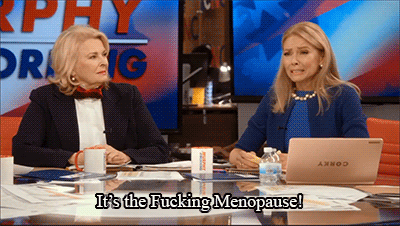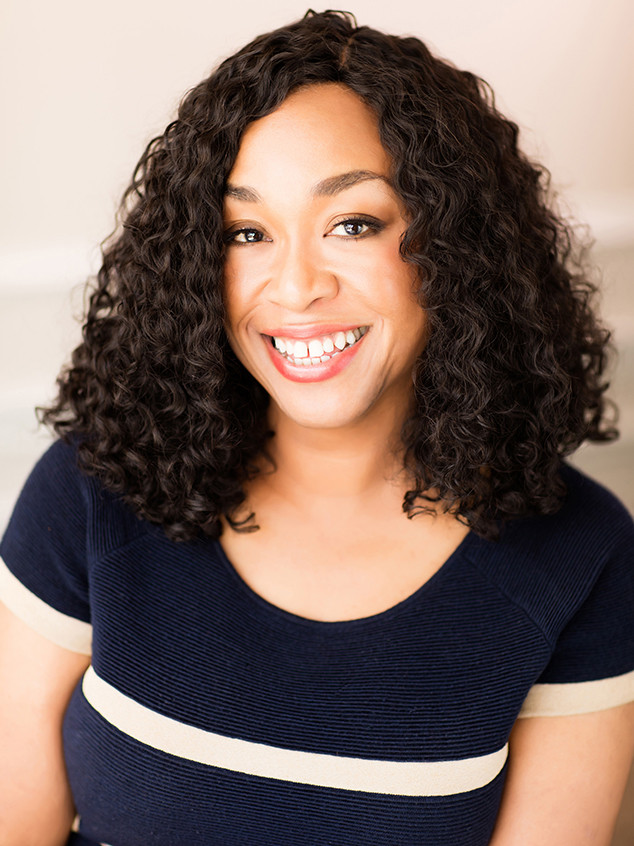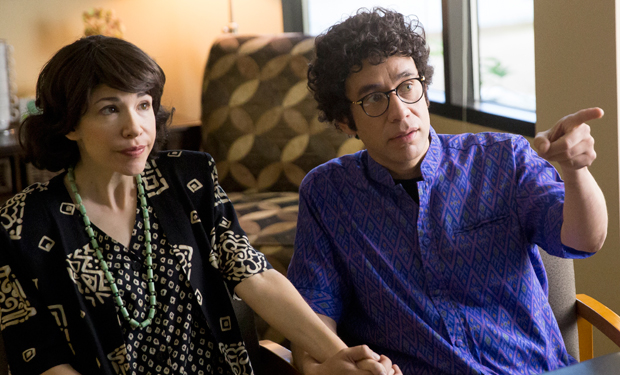Sense 8 is written by Lana and Lilly Wachowski. They are both trans women, formally known as the Wachowski brothers. They were the writers of The Matrix (1999) an iconic movie. After discovering this the show Sense8 now makes a lot of sense. They are both elaborate, reality questioning works of science fictions.
Particularly, Sense8’s writing is very unique- unlike anything I have seen before. This is a serious science fiction drama. Unlike many TV shows, including those of science fiction, there is no comedic relief. Everything every character says is deliberate and includes a specific meaning or message. This deliberate style is used intentionally to captivate the viewer. This is not the show to put on in the background while you are eating dinner or doing homework. You have to pay attention. You want to pay attention.
Not only is the deliberacy of the timing- when dialogue is used- captivating, but the diction picked out is used so beautifully to convey the deeper elements of human emotion that people often have trouble describing for themselves.
We all struggle to understand our emotions. The premise of this show is to make ourselves question our understanding of ourselves and the relationships within our lives. By having the eight main character be connected by something so much stronger than normal human connection. Something so strong that they can feel what each other is feeling emotionally allows for the greater exploration of human empathy.
The writing as seen through the dialogue of this show can demonstrate how this message is portrayed. After Lito has gotten his world rocked by the end of his relationship with Hernando, now his ex-boyfriend, he sits in the Diego Rivera Museum contemplating love and his fear of coming out. Lito describes his first kiss with Hernando to Nomi as a ‘religious experience’, but he is still afraid that he will ‘lose everything’ he has worked for in his career by coming out. Even though it is clear that he has already lost so much from losing Hernando. Nomi helps him evaluate his life by describing that at some point she learned that there is ‘a huge difference between what we work for and what we live for’.

This dialogue between Lito and Nomi helps everyone contemplate their priorities in life and where the love in their life stems from. For every viewer the reaction to this scene is different, but I felt grateful for the people in my life and reminded that school is not the end all be all.
“The Wachowskis.” Wikipedia, Wikimedia Foundation, 25 Nov. 2018, en.wikipedia.org/wiki/The_Wachowskis














